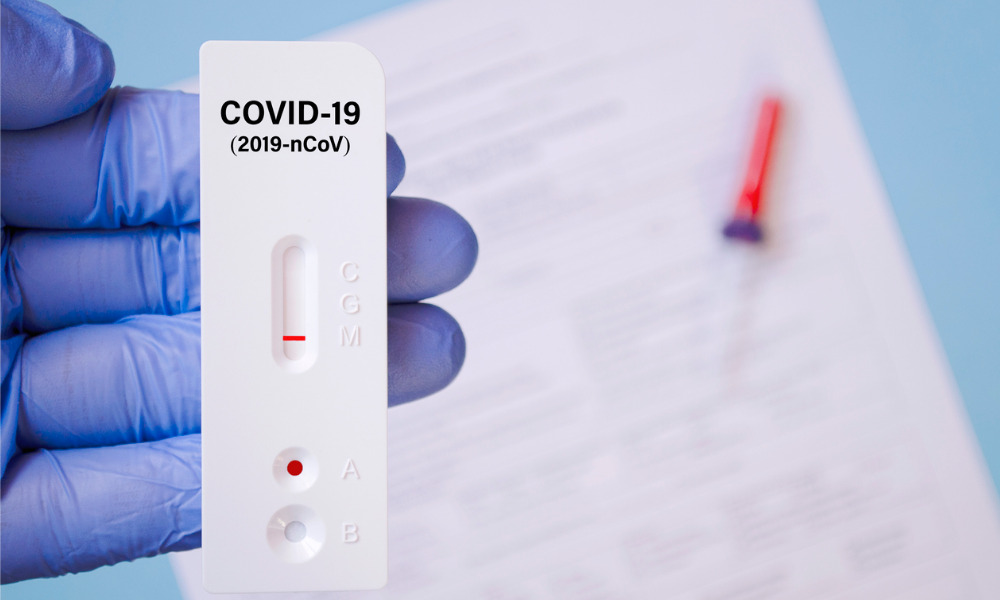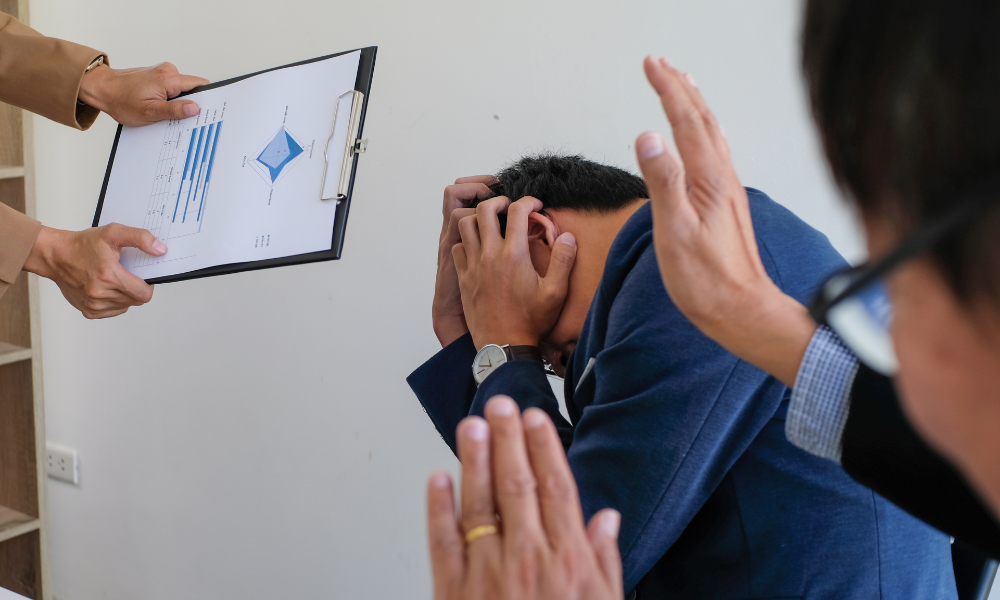‘This research will contribute substantial new scientific data to the body of knowledge used to fight this disease’

The Greater Toronto Airports Authority (GTAA) is launching two new research programs to look into the efficacy of COVID-19 testing in the airport setting.
The first study will explore the efficacy of antigen testing, compared with the rapid polymerase chain reaction (PCR) test, in a high-throughput, commercial environment. It will also look into the operationalization of rapid PCR testing in an airport environment.
“The GTAA continues to demonstrate its commitment and leadership in the exploration of the science of COVID-19 testing. Science is at the heart of our Healthy Airport commitment and we are pleased to receive this support from NRC IRAP on this additional testing program, as we pursue further innovation here at Toronto Pearson,” said Deborah Flint, president and CEO, GTAA. “This research will contribute substantial new scientific data to the body of knowledge used to fight this disease by improving access to testing that will identify, trace and isolate COVID-19.”
The GTAA will work with a team of Canadian healthcare companies to run a ten-week antigen test study at Toronto Pearson. The study will make free COVID-19 tests available to employees and testing for eligible passengers on select routes who are willing to volunteer as participants. The study will begin accepting volunteers on March 1.
Clinical analysis of test swabs will take place on-site at the airport, using LuminUltra’s rapid PCR test. The results will be provided to the participant within two hours. Participants will also be tested using Response Biomedical rapid antigen tests.
The program is supported in part by funding from the National Research Council of Canada Industrial Research Assistance Program (NRC IRAP).
Meanwhile, the second study will run parallel to the first one to compare antigen and rapid PCR tests. It will explore the viability of frequent antigen testing within a workforce as a method to quickly identify, trace and isolate COVID-19.
Researchers will look into how frequent use of antigen tests can improve workplace safety by reducing the risk of spreading COVID-19. The study will use Abbot’s Panbio rapid antigen test, provided by the province of Ontario to conduct the research.
“Frequent, rapid testing for screening of asymptomatic people is an important layer among other essential public health measures to reduce the risk of spreading COVID-19. We are excited to be supporting the GTAA and their partners in evaluating rapid testing of employees to build on our current knowledge on how to safely and effectively implement these tools,” said Kevin Schwartz, infectious disease physician at Unity Health Toronto and the University of Toronto.
The second study will recruit volunteer participants from Toronto Pearson’s airport worker community. Participants will receive multiple antigen tests per week for a period of approximately eight weeks.
In November 2020, Ontario said it will begin using nearly 1.3 million rapid tests to screen staff in long-term care homes and select workplaces to quickly identify and manage outbreaks and stop the spread of COVID-19.
Quick turnaround is key
Accuracy of COVID-19 tests is not as important as the quick turnaround of results, according to a study published in November 2020 by Harvard T.H. Chan School of Public Health and University of Colorado Boulder researchers.
“When it comes to public health, it’s better to have a less sensitive test with results today than a more sensitive one with results tomorrow,” said Daniel Larremore, an assistant professor of computer science at the University of Colorado Boulder and lead author of the study “Test sensitivity is secondary to frequency and turnaround time for COVID-19 screening.”
“Rather than telling everyone to stay home so you can be sure that one person who is sick doesn’t spread it, we could give only the contagious people stay-at-home orders so everyone else can go about their lives.”





